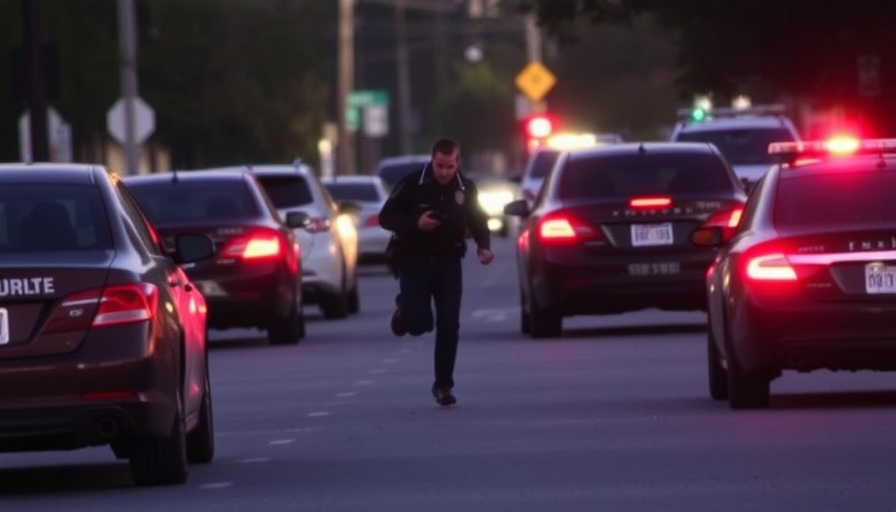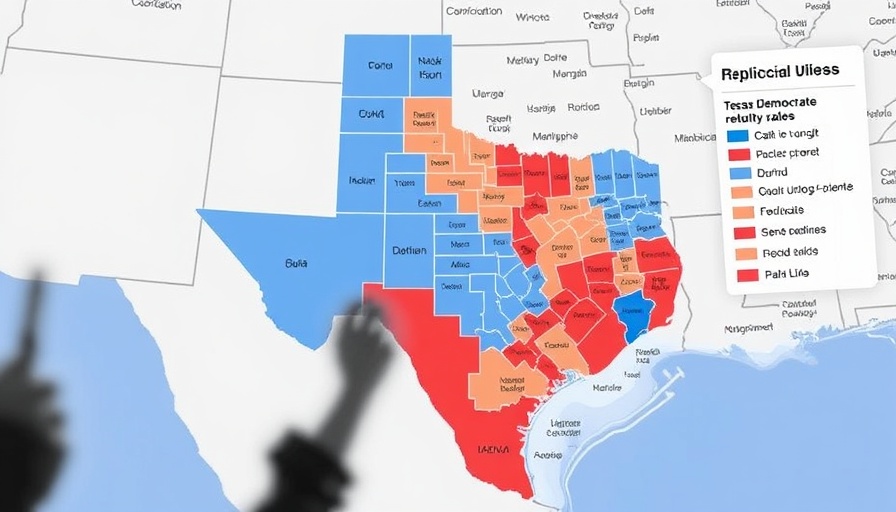
Understanding the Recent Shooting Incident at Wilmer-Hutchins High School
On a seemingly ordinary Tuesday afternoon, a shocking incident unfolded at Wilmer-Hutchins High School in Dallas when four students were injured in a shooting. This event marks yet another troubling chapter for a school that has recently faced significant security concerns, particularly following a similar incident just last year.
The Immediate Aftermath of the Shooting
Dallas Fire-Rescue confirmed that the four injured students, aged between 15 to 18, suffered wounds ranging from serious to non-life-threatening. The immediate response involved multiple agencies, including Dallas ISD police, who conducted a brief news conference stating that the suspected shooter has been identified but remains at large. This type of situation creates an atmosphere of fear and uncertainty among students and parents alike.
The School's Troubling Security History
Wilmer-Hutchins High School’s history concerning security measures raises serious concerns as it relates to this shooting. In April 2024, a student was shot in a classroom, an incident that led to protests from students demanding answers regarding how the assailant managed to bypass security protocols, including malfunctioning metal detectors. The Dallas Independent School District (DISD) has confirmed that human error contributed to the recent lapse in security, highlighting a critical need for reassessing safety measures within the school.
Community Reactions to Gun Violence in Schools
The local community's response to gun violence in schools has never been more urgent. Parents, teachers, and students are increasingly vocal about the necessity for upgrades to security infrastructure in educational environments. The history of incidents at Wilmer-Hutchins paints a picture of a school grappling with ensuring the safety of its students against escalating gun violence.
Looking Ahead: Policy Changes and Future Implications
This tragic event is likely to reignite conversations regarding gun control and security policies in schools. Stakeholders, including school board officials and local lawmakers, may feel increased pressure to implement meaningful changes. The aim would be to prevent future incidents and to restore a sense of safety among students and their families.
Student Perspectives on Safety and Security
Students at Wilmer-Hutchins have expressed their concerns regarding the state of security on their campus. Many feel anxious about returning to school in light of these repeated incidents. Advocacy for proactive measures is essential; students deserve a learning environment where they feel safe and secure.
The Broader Context of School Shootings in America
Unfortunately, incidents like the shooting at Wilmer-Hutchins High School are not isolated events. They reflect a larger pattern of school shootings across the United States, which has prompted calls for comprehensive reforms in gun laws and behavioral health support in educational settings. The conversation must continue, urging communities to come together for the safety of children everywhere.
As the investigation unfolds and authorities work diligently to apprehend the suspect, the impact of this traumatic event will resonate throughout the community. Understanding these incidents and advocating for meaningful changes in policies will be integral in creating safer educational environments.
 Add Row
Add Row  Add
Add 




Write A Comment